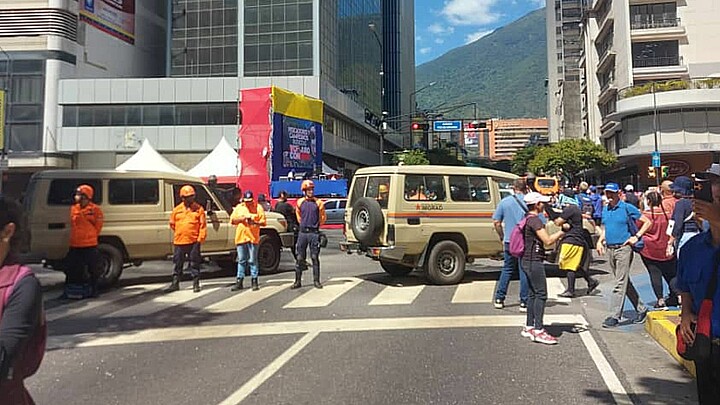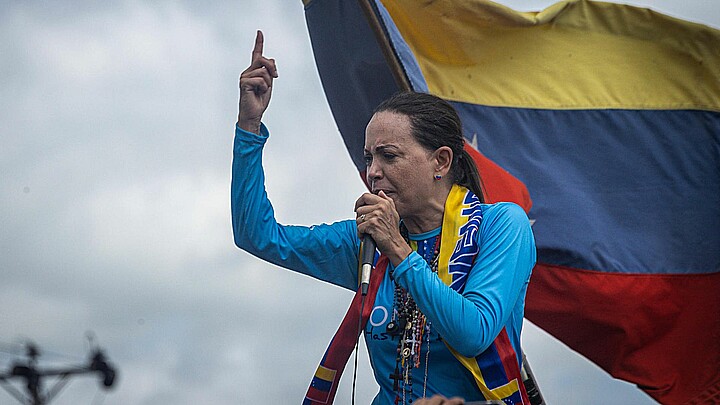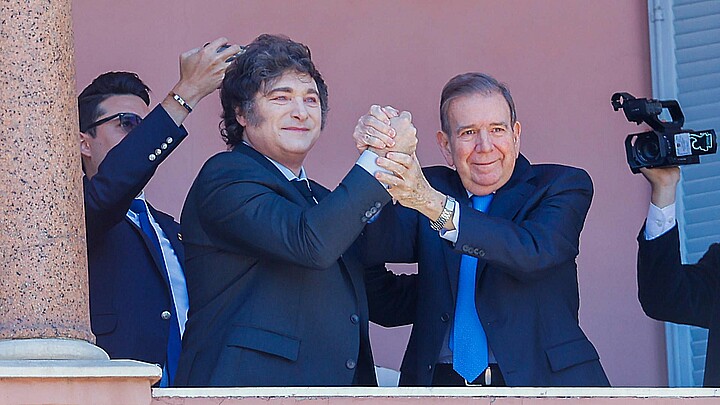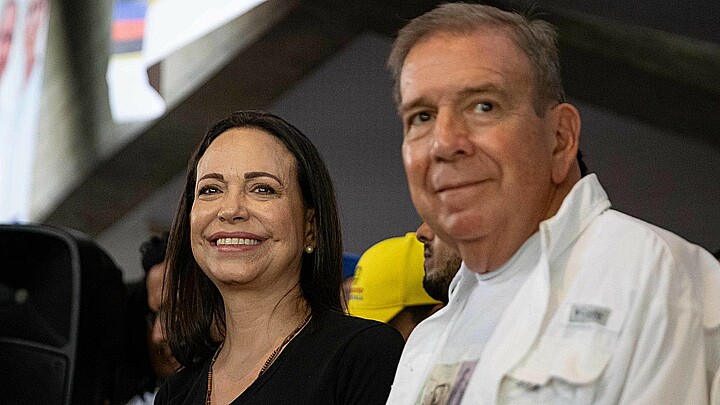Politics
Venezuela initiates military drills with 5,600 troops after U.K. deploys warship to defend Guyana
England’s decision to send a naval warship to join Guyanese military exercises comes after the United States Air Force participated in warplane exercises with Guyanese pilots
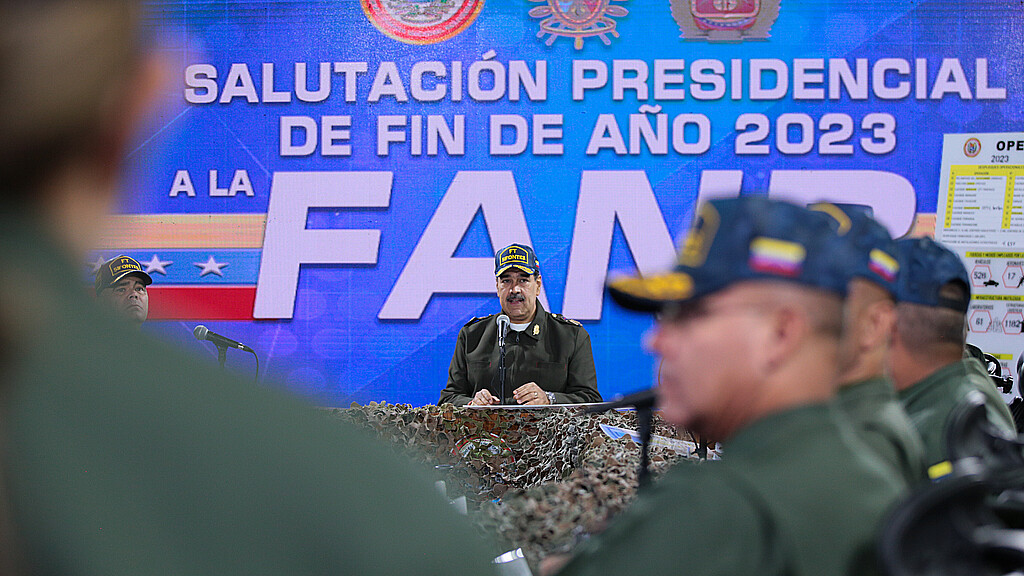
December 29, 2023 9:03am
Updated: December 29, 2023 9:03am
The communist dictatorship of Nicolas Maduro has ordered the Venezuelan military to hold simulation exercises in the immediate wake of England announcing it would send a warship to support its South American neighbor, Guyana.
Venezuelan military leaders said that about 5,600 troops would participate in “defensive” exercises on the South American country’s eastern Caribbean coastline.
Earlier this month, Maduro held a referendum, and Venezuelan voters supported the creation of a new state in the long-disputed Essequibo territory, which has been under Guyanese control for more than a century.
Guyana has administered the area for decades.
Maduro, who has a record of using pressure tactics to get favorable voting results in the 90-percentile ranking, secured a 95-96% affirmative result in a five-question survey.
The communist dictator now says that referendum result gives him a mandate to invade his neighboring country.
In a Thursday television address, Maduro said the Venezuelan military exercises were “in response to the provocation and threat of the United Kingdom against peace and the sovereignty of our country.”
He described Britain’s naval deployment was “practically a military threat from London” and violated the “spirit” of the recent agreement signed by both parties to peacefully settle the long-held dispute.
His comments were a reference to recent peace accords arranged by the Caribbean Community (CARICOM) in St. Vincent and the Grenadines, which led to the signing of an agreement between Maduro and Guyanese President Irfaan Ali.
CARICOM is an intergovernmental organization with 14 member states that coordinates political and economic development in the region.
Maduro previously described the CARICOM meeting as an “excellent day of dialogue” in a statement released on X, the social media platform formerly known as Twitter.
The two leaders signed a three-page joint declaration, which said they would “not threaten or use force against one another in any circumstances” and would “continue dialogue.”
The agreement also established a joint commission to address future disputes over the Essequibo region.
Guyanese Vice-President Bharrat Jagdeo said the British warship's arrival was "routine" and part of establishing a "defensive capability".
"We don't plan on invading Venezuela. President Maduro knows this and he need not have any worry about that," Jagdeo said at a press conference on the matter.
The British also confirmed on Sunday the warship, the HMS Trent, would participate in joint exercises with Guyana after the Christmas holiday.
England’s decision to send a naval warship to join Guyanese military exercises comes after the United States Air Force participated in warplane exercises with Guyanese pilots.
The HMS Trent was initially sent to the Caribbean to hunt drug smugglers but was redirected to Guyana after the Maduro regime threatened to invade the Essequibo region.
The communist country has long claimed ownership of Essequibo since 1899. Guyana, and British Guyana before it, have administered Essequibo for more than 100 years.
The region is a 61,000 sq-mile region which makes up about two-thirds of Guyana and remains under dispute in the International Court of Justice (ICJ).
Maduro and Ali were scheduled to meet again in neutral territory in Brazil to discuss the contested area before tensions heated up.
The Essequibo region has long been the subject of a century long territorial dispute between the two South American countries dating back to the late 19th century.
Guyana has said the issue is scheduled to be resolved by the U.N.’s International Court of Justice in The Hague, but Maduro refuses to recognize the jurisdiction of the ICJ.
While the dispute over the region has gone on for more than a century, Maduro’s communist dictatorship said little about the dispute until 2015 when Exxon Mobil and Chevron discovered oil off its coastline.


